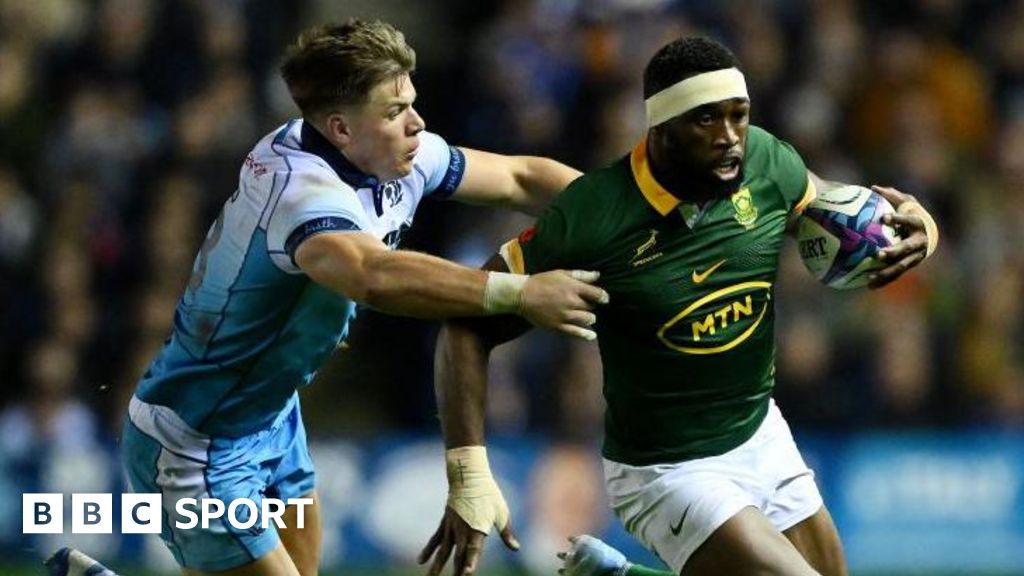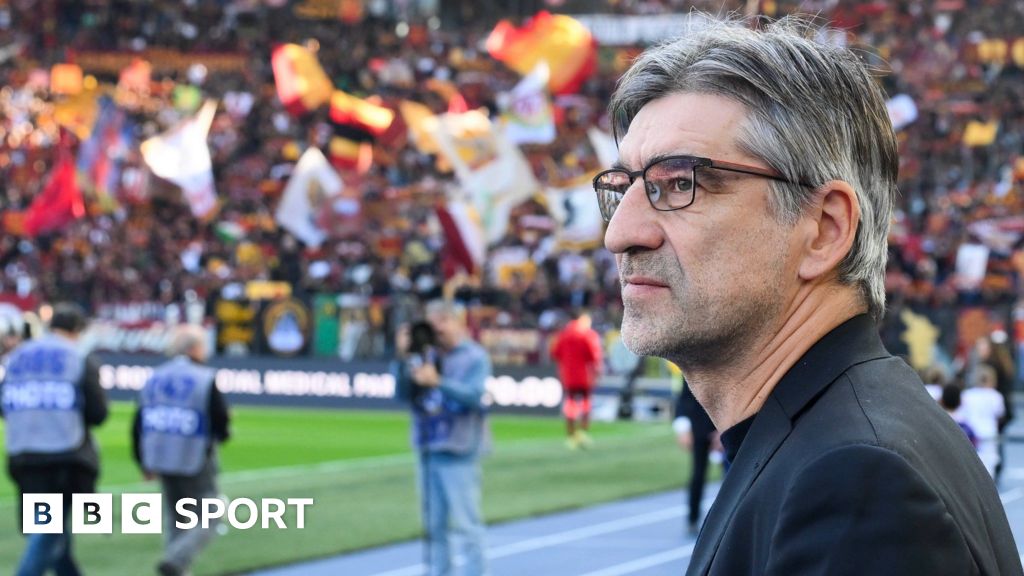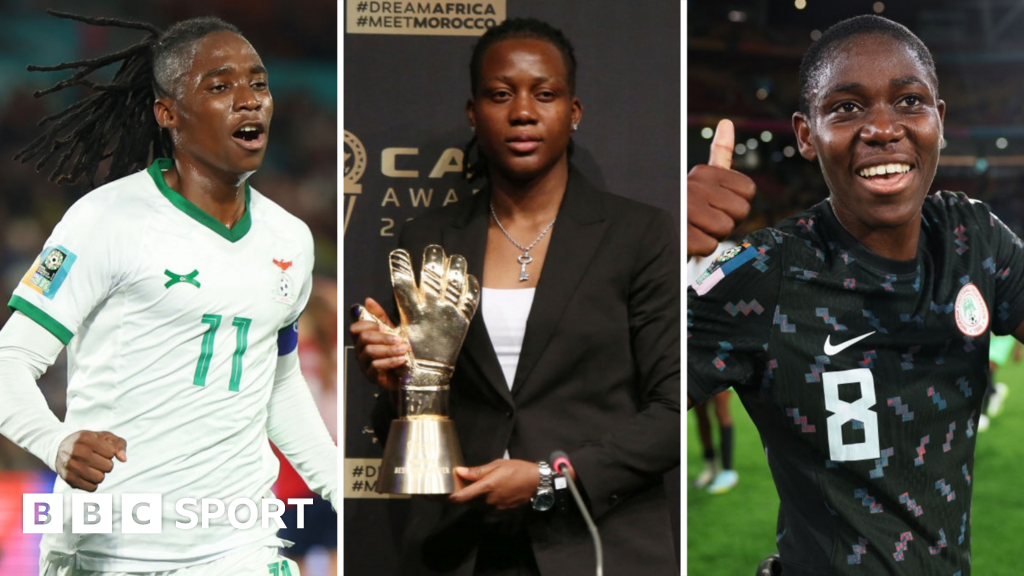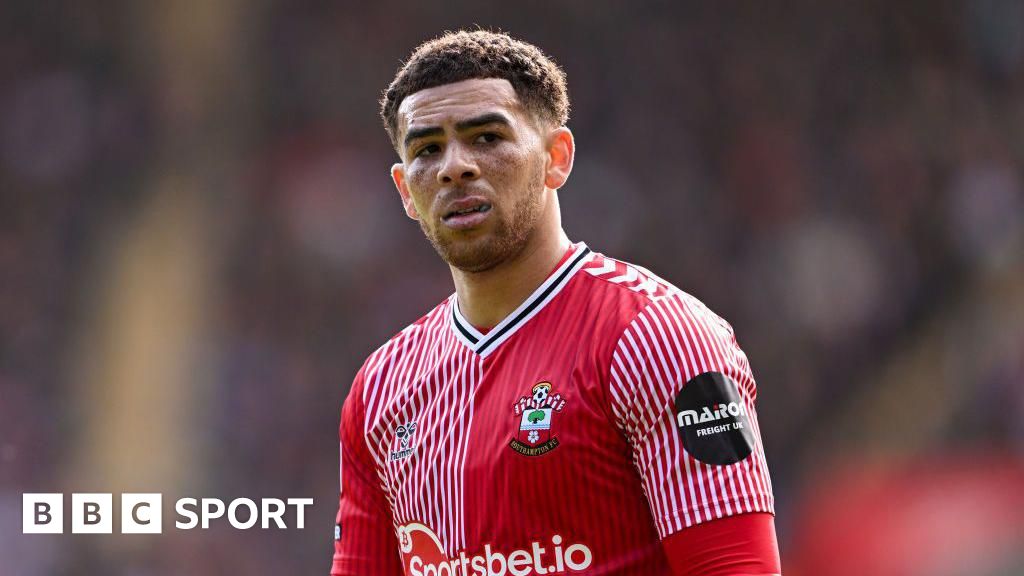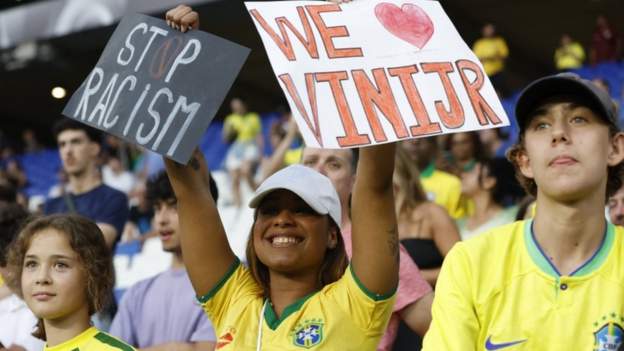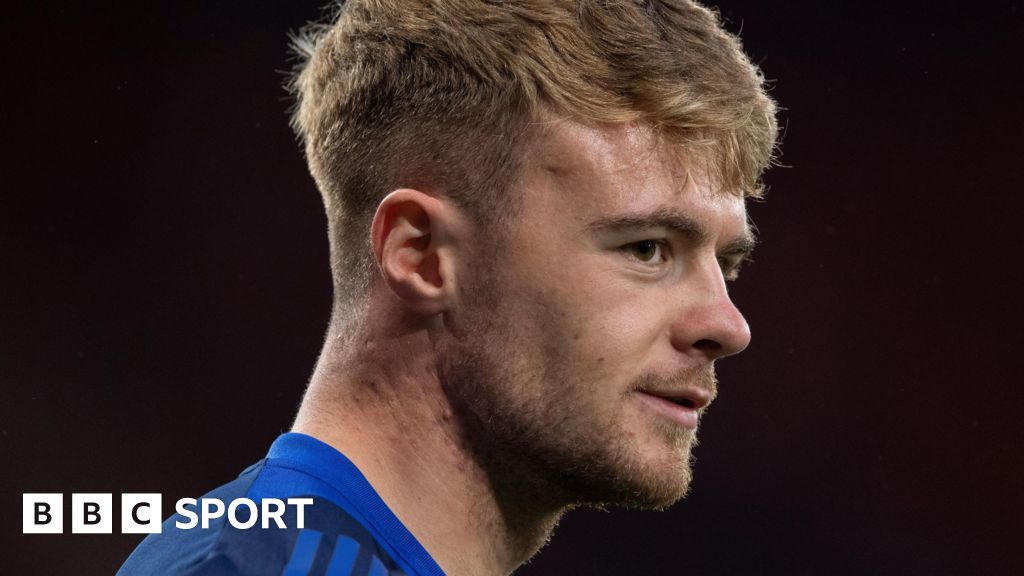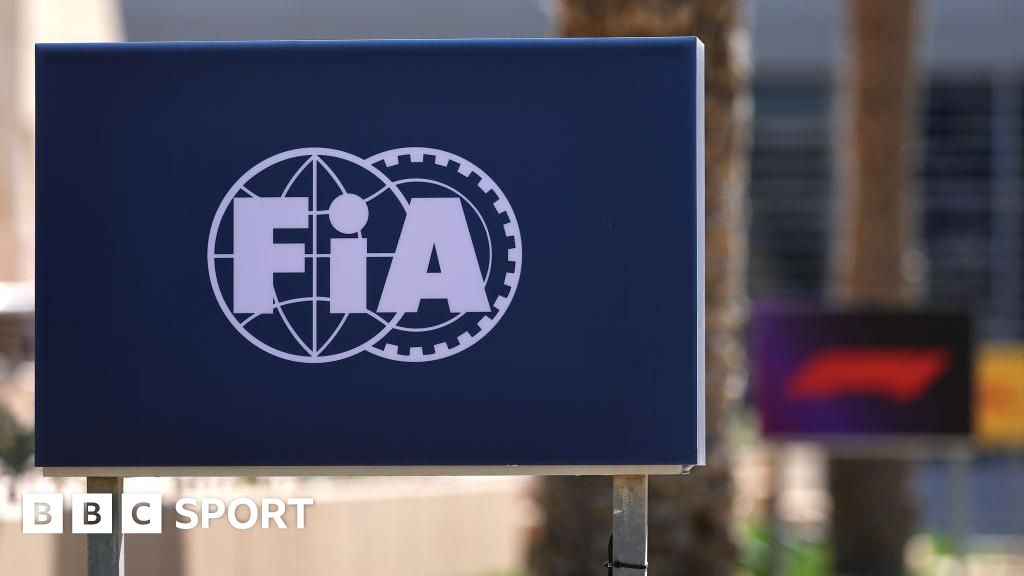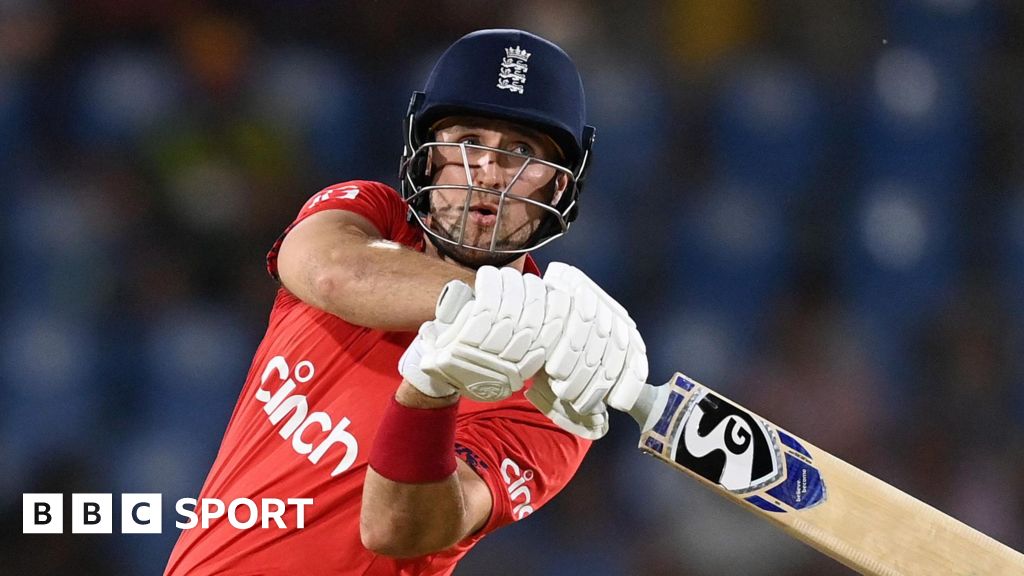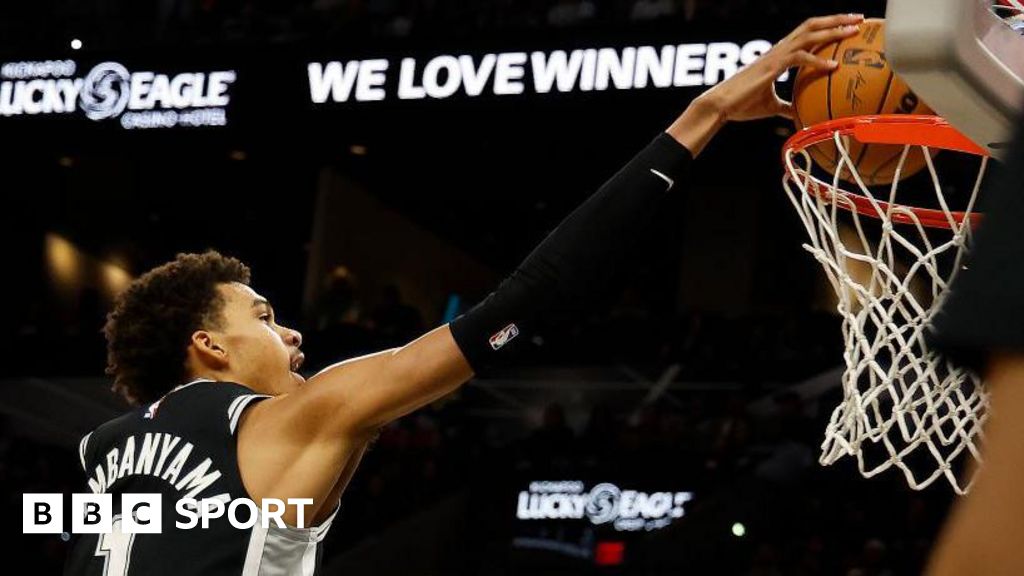Nearly two decades have passed since Nigeria’s women last appeared in the Olympic football tournament.
With a storied legacy in African football and a tradition of nurturing talented players, their return offers a fresh opportunity for a new generation eager to excel and make up for lost time.
It could also enable some African stars to make decisive moves in their career, whether they be playing for Nigeria or Zambia.
Returning for their second straight finals, the Zambian squad is spearheaded by Barbra Banda, who starred at Tokyo 2020, and Racheal Kundananji, who became the world’s most expensive player when joining Banda in the United States earlier this year.
“We have so many African players abroad who are doing well,” said Nnadozie, reflecting on the progress of women’s football on the continent.
“We are like a beacon of hope to those in Africa.”
Yet while women’s football may be progressing at a rapid pace on the continent, the recent decision to delay this year’s Women’s Africa Cup of Nations (Wafcon) to 2025 has caused concern.
Given the Covid-enforced cancellation of the 2020 edition, it means there will have been just one Wafcon, the 2022 edition, in nearly seven years by the time the 2025 finals get under way.
“It’s not right,” said Oparanozie. “I think it’s going to put us 10 steps behind, and it’s not good for women’s football in Africa.
“In this present time and age, we shouldn’t be talking about postponing the Women’s Afcon. We may be growing, but the rate at which we’re growing is not rapid enough.”
The lack of competitive international football means rivals on the continent are likely to be watching events in Paris with envy.
“It was a great thing for Nigeria to qualify for the Olympics after 16 years,” said Nnadozie.
“I’ve been dreaming of playing in the Olympics and not just qualifying, but making a mark to make the nation proud.”
Her stage awaits.








